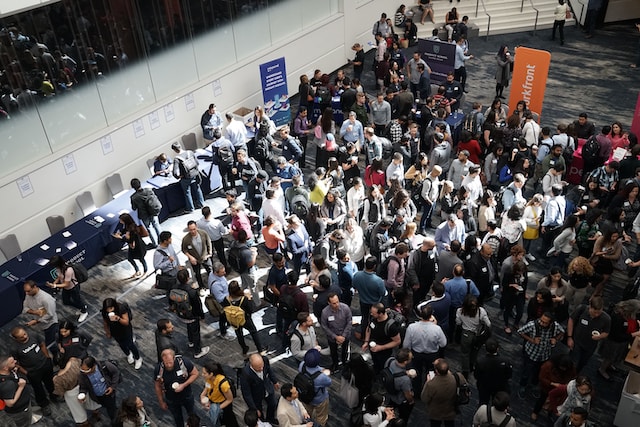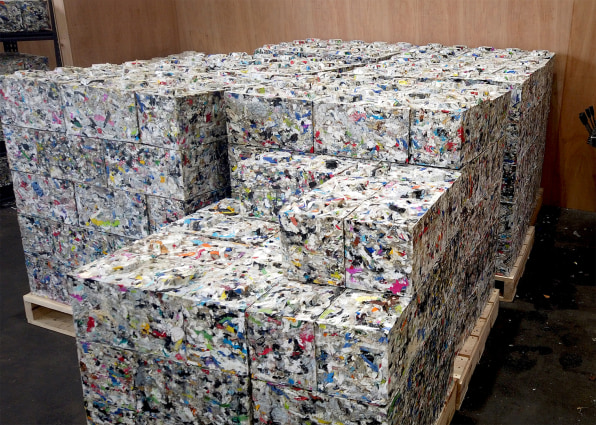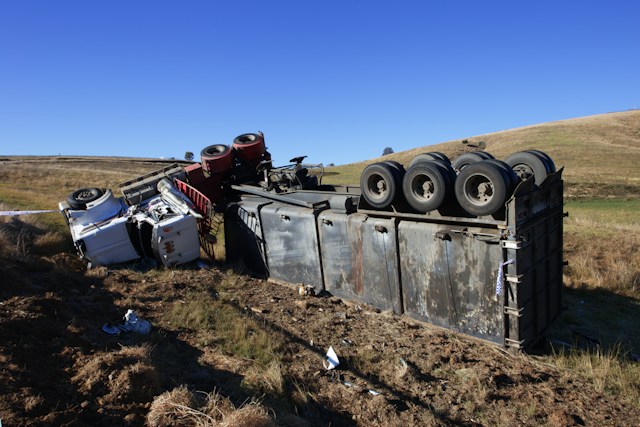Here comes biggest breakthrough of the year in the fight against the COVID-19 pandemic. Coronavirus vaccine candidate by the Oxford University has shown promising results in phase I/II human trials. It is found to be safe and induces immune reaction that lasts for at least two months.
Trials of Covid-19 vaccine involved a group of 1,077 people. The initial trials examined how safe it is and weather it triggers biomarkers associated with an effective immune response. Clinical trial revealed that the injection led to them making antibodies and T-cells that can fight coronavirus.
Mene Pangalos of AstraZeneca said: “We are encouraged by the Phase I/II interim data showing AZD1222 was capable of generating a rapid antibody and T-cell response against SARS-CoV-2. While there is more work to be done, today’s data increases our confidence that the vaccine will work and allows us to continue our plans to manufacture the vaccine at scale for broad and equitable access around the world.”
Lead author on the new study, Andrew Pollard, said, “The immune system has two ways of finding and attacking pathogens – antibody and T cell responses,” “This vaccine is intended to induce both, so it can attack the virus when it’s circulating in the body, as well as attacking infected cells. We hope this means the immune system will remember the virus, so that our vaccine will protect people for an extended period.”
No serious side effects
Although 70% of people on trial did display mild to moderate side effects, including injection site pain, fever and fatigue. The researchers say these side effects could be easily managed with paracetamol.
Prof Sarah Gilbert, from the University of Oxford says: “There is still much work to be done before we can confirm if our vaccine will help manage the Covid-19 pandemic, but these early results hold promise.”
Trials on the jab are going in the UK, Brazil and South Africa and are currently at an advanced stage. If final results come out to be positive, Oxford, UK government and biopharma major AstraZeneca have plans to work in partnership to produce the vaccine on a mass scale.
If all tests keep going according to plan, scientists are hopeful that the vaccine could be ready by December.







